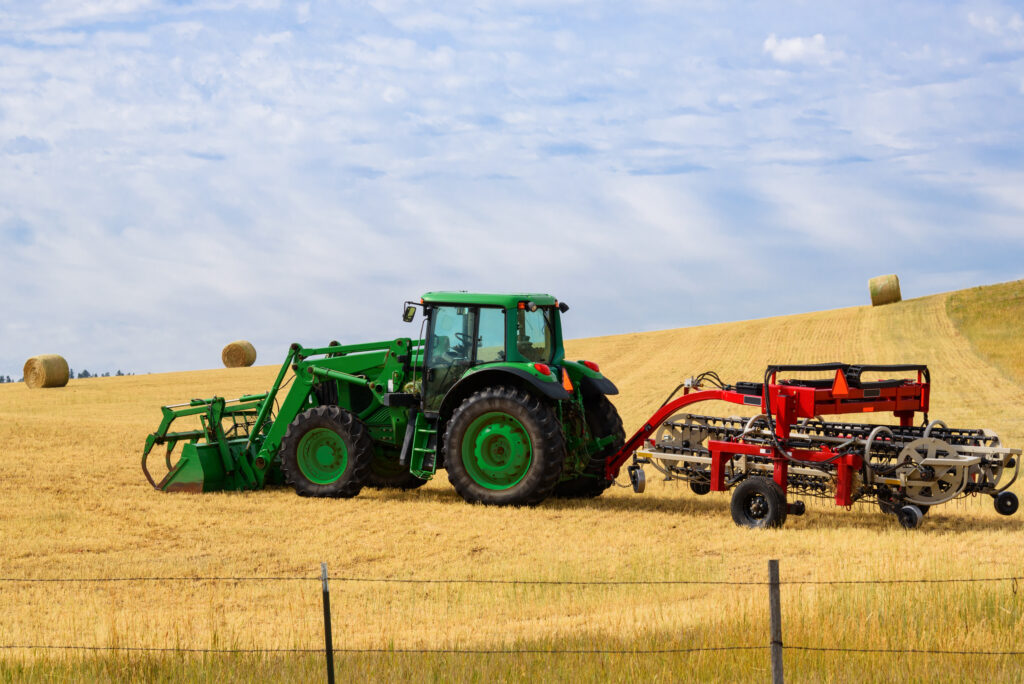In advance of the historic White House Conference on Hunger, Nutrition, and Health, Farm Action has issued a first-of-its kind set of recommendations to recalibrate the U.S. food and farm system so that it delivers positive health outcomes.
“The United States is facing a health crisis, and our food and farm policy is largely to blame. For too long, policymakers have ignored the relationship between government crop subsidies, the average American diet, and catastrophic health outcomes,” said Angela Huffman, Co-founder of Farm Action. “This is all thanks to the powerful corporate interests controlling our food system, which are singularly focused on amassing more money and control — at the expense of everyone else.”
To address several key barriers to health in America, Farm Action’s recommendations include:
- Shifting our government farm support systems away from the production of high-calorie, low-nutrient processed foods and cheap industrial animal feed and toward the nutrient-dense foods recommended by our federal dietary guidelines.
- Emphasizing the importance of nutrition to health in our current and future physician training.
- Making nutrient-dense foods, such as fruits and vegetables, more affordable and accessible to all consumers.
- Protecting farmworkers and food system workers from hazardous working environments.
- Protecting consumers from exposure to hazardous agrichemicals.
- Helping farms transition away from systems that threaten public health.
Farm Action has shared these ideas in several platforms leading up to the White House Conference: at multiple virtual listening sessions, staff members have testified that Americans need improved access to healthy food, and urged greater support to grow it in the U.S. On June 27, Farm Action’s Vice President Angela Huffman attended an in-person National Convening to bring the farmer perspective into policy discussions focused on improving public health through food. Farm Action co-hosted White House Hunger Realities “Listen Up!” with Rural Coalition, a virtual event that gathered grassroots communities to share their realities of hunger and opportunities for positive change with decision-makers in the White House. Finally, Farm Action’s Local Leaders have been testifying at listening sessions around the country, reminding officials that USDA policies exert a powerful influence over what food is produced on U.S. soil, how it is grown, and who eats it.
Media Contact: Dee Laninga, [email protected], 202-450-0094




